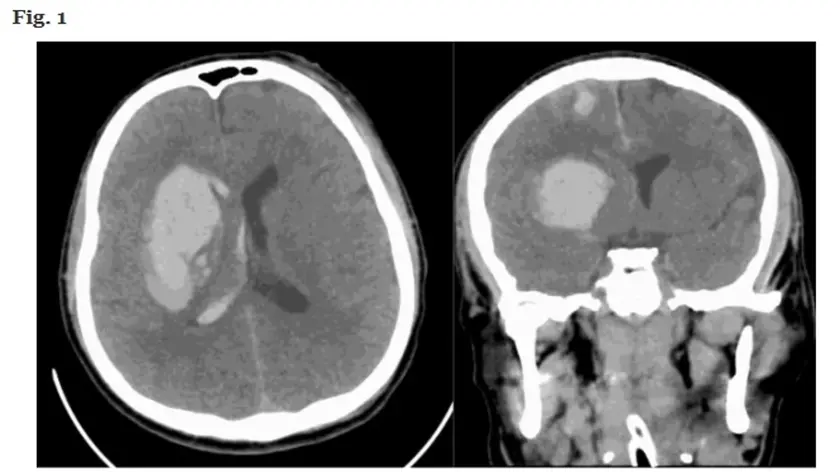T4K3.news
Fungal resistance triggers health alert
New case of drug resistant Candida auris surfaces in hospital settings, prompting renewed emphasis on infection control and surveillance.

A case in the UAE shows Candida auris infecting the brain, underscoring a growing drug resistance problem in hospitals.
Fungal resistance triggers global health alert
Doctors in Ras Al Khaimah, UAE, report a 34-year-old man with a traumatic brain injury who contracted Candida auris after surgery. He spent three weeks in intensive care, had emergency skull removal, and tested positive for the fungus on day 99. He received three weeks of antifungal injections, two drugs via IV for 15 days, and an 11-day course of tablets, before his discharge after seven months in hospital.
Candida auris, first identified in 2009, can cling to hospital surfaces for weeks, resist several antifungal medicines, and spread between patients through contaminated equipment. The World Health Organization lists it as a priority fungal pathogen and says it poses a serious threat to humanity. In the UK, C. auris is now a notifiable infection to help health authorities track and contain outbreaks.
Key Takeaways
"The excessive use of antifungal agents in agriculture and healthcare has contributed to resistance."
Driver of resistance cited in the case report
"This is the first reported case of managing a C. auris shunt infection without intrathecal antifungals."
Case documentation noted by authors
"C. auris is one of 19 lethal fungi posing a serious threat to humanity."
WHO classification referenced in the article
"Hospitals can cling to surfaces for weeks, enabling spread."
Describes persistence in hospital settings
The case highlights how a single patient can illuminate a larger threat. There are few antifungal drugs that reliably work against C. auris, and resistance is growing due to overuse in medicine and farming. Early detection remains crucial because infections can be hidden or misdiagnosed until they spread. Policy responses must combine strict infection control with better diagnostics and sustained funding for new treatments.
Looking ahead, health systems need stronger surveillance, global data sharing, and incentives for researchers to develop new antifungals and rapid tests. Public messaging should balance urgency with practical steps to prevent spread, avoiding panic while pushing for real change in hospitals and communities.
Highlights
- The excessive use of antifungal agents in agriculture and healthcare has contributed to resistance.
- This is the first reported case of managing a C. auris shunt infection without intrathecal antifungals.
- C. auris is one of 19 lethal fungi posing a serious threat to humanity.
- Hospitals can cling to surfaces for weeks, enabling spread.
Public health risk from drug resistant fungus
The case shows a rising threat from Candida auris and the need for strong infection control, notifiable disease surveillance, and responsible antimicrobial use to prevent outbreaks.
The fight against superbugs requires steady funding and global cooperation.
Enjoyed this? Let your friends know!
Related News

Sweat location signals health clues

New Study Reveals Benefits of Strength Training for Aging

Health care gaps surface in medical Q&A

Toenail care and care choices

New research highlights strength training for longevity

Public health alert issued

Study Links Okra to Potential Weight Management Benefits

Signs of health issues linked to night waking
